Home>Gardening & Outdoor>Landscaping Ideas>What Kind Of Grass Is In Florida
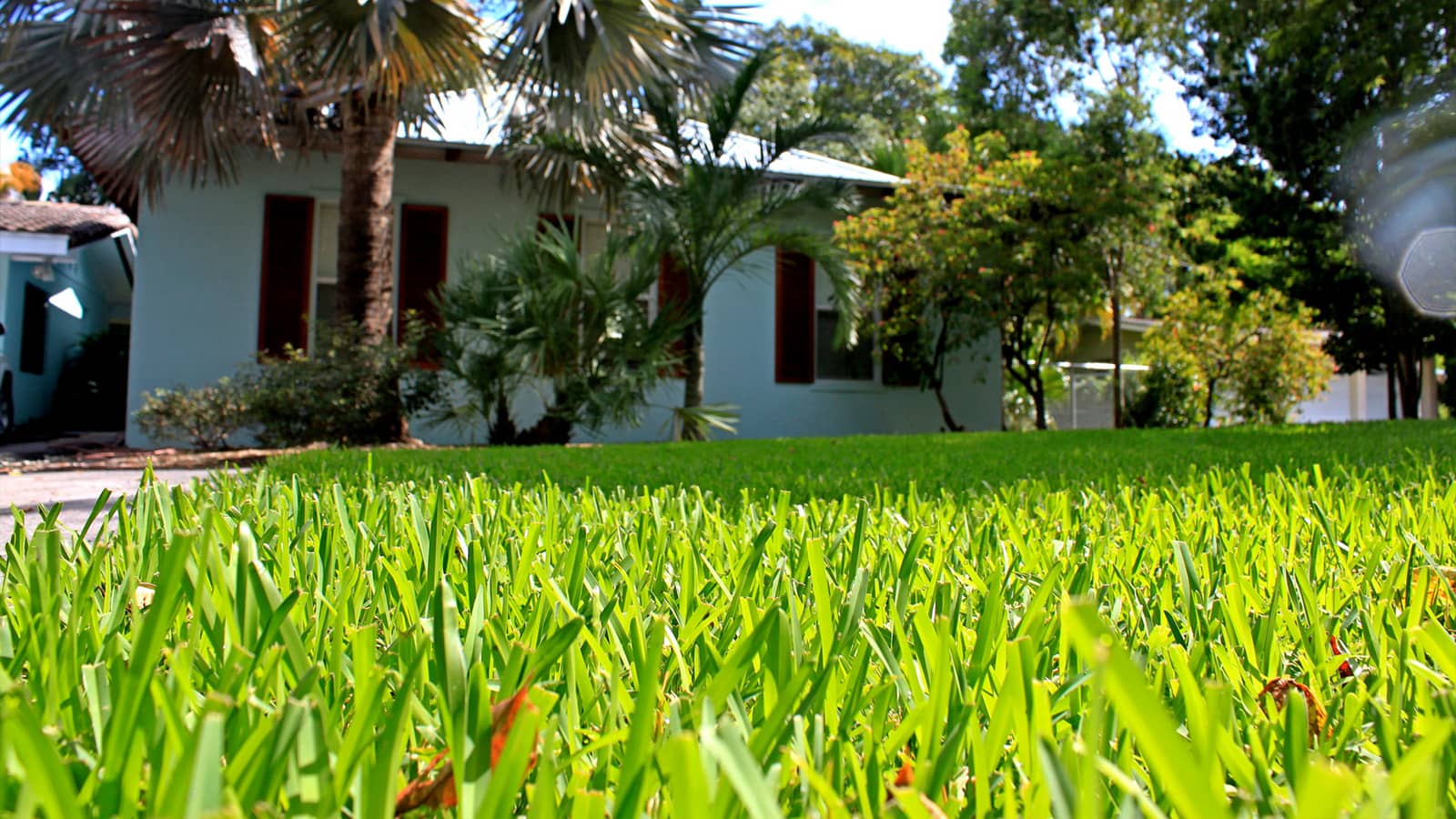

Landscaping Ideas
What Kind Of Grass Is In Florida
Modified: August 28, 2024
Discover the best landscaping ideas for Florida with the right grass type. Learn about the ideal grass for your Florida lawn and create a beautiful outdoor space.
(Many of the links in this article redirect to a specific reviewed product. Your purchase of these products through affiliate links helps to generate commission for Storables.com, at no extra cost. Learn more)
Introduction
Welcome to the Sunshine State, where the warm climate and lush landscapes create an ideal environment for a variety of grass species to thrive. Florida’s diverse geography, from the sandy beaches to the humid subtropical regions, presents a unique set of challenges and opportunities for cultivating a vibrant and resilient lawn. Whether you’re a homeowner, landscaper, or outdoor enthusiast, understanding the different types of grass that flourish in Florida is essential for creating a verdant and inviting outdoor space.
In this comprehensive guide, we’ll explore the common grass varieties found in Florida, shedding light on their unique characteristics, maintenance requirements, and suitability for different applications. From the popular St. Augustine grass to the hardy Bahia grass, each type offers distinct advantages and considerations for landscaping in the Florida climate. Whether you’re aiming for a velvety carpet of grass for your backyard or seeking a robust turf for commercial properties, this guide will equip you with the knowledge to make informed decisions and nurture a thriving lawn in the Sunshine State.
Key Takeaways:
- Florida’s diverse climate allows for a variety of grass species to thrive, from the lush St. Augustine grass to the durable Bermuda grass, offering options for vibrant and enduring outdoor spaces.
- Understanding the specific characteristics and maintenance requirements of each grass type is essential for creating inviting and sustainable outdoor environments in Florida.
Read more: What Kind Of Grass Grows In South Florida
Common Grass Types in Florida
Florida’s diverse climate, which ranges from tropical in the south to more temperate in the north, creates a unique environment for various grass species to flourish. When selecting the ideal grass for your lawn or landscaping project in Florida, it’s essential to consider factors such as sunlight exposure, soil type, and maintenance preferences. Here are some of the most common grass types found in Florida, each with its own set of characteristics and suitability for different applications.
St. Augustine Grass
St. Augustine grass is a popular choice for lawns in Florida due to its lush, dense growth and tolerance for the state’s warm and humid climate. Known for its vibrant green hue and ability to thrive in both sun and partial shade, St. Augustine grass is a top contender for residential and commercial landscaping projects. Its rapid growth and ability to form a thick carpet make it an excellent choice for areas with high foot traffic, such as parks and recreational spaces.
One of the key advantages of St. Augustine grass is its adaptability to various soil types, including sandy and clay soils commonly found in Florida. This grass variety also exhibits good salt tolerance, making it suitable for coastal regions where salt spray may be a concern. Additionally, St. Augustine grass is known for its quick recovery from damage, making it resilient against wear and tear.
While St. Augustine grass offers excellent visual appeal and adaptability, it does require regular maintenance to keep it healthy and vibrant. Proper watering, mowing, and fertilization are essential for sustaining the lush appearance of St. Augustine grass. Additionally, controlling weeds and pests is crucial to ensure the grass remains free from invasive species that can hinder its growth.
When establishing a new lawn with St. Augustine grass, it’s important to consider the best practices for installation and maintenance. Whether using sod, plugs, or sprigs, ensuring proper soil preparation and adequate irrigation during the establishment phase is vital for the long-term success of the grass.
Overall, St. Augustine grass stands out as a popular choice for Florida landscapes, offering a balance of visual appeal, resilience, and adaptability to the state’s diverse environmental conditions. With proper care and maintenance, this grass variety can transform outdoor spaces into inviting and vibrant areas for leisure and recreation.
Bermuda Grass
Bermuda grass, known for its resilience and ability to thrive in hot and sunny conditions, is a widely favored grass type in Florida. Its fine texture, vibrant green color, and exceptional heat tolerance make it a popular choice for lawns, golf courses, and athletic fields across the state. With its rapid growth and vigorous spreading nature, Bermuda grass is valued for its ability to establish a dense and durable turf, capable of withstanding heavy foot traffic and frequent mowing.
One of the key attributes of Bermuda grass is its exceptional drought tolerance, making it well-suited for Florida’s warm and often dry climate. This grass variety exhibits remarkable recovery after periods of drought, quickly regaining its lush appearance with proper irrigation. Its deep root system allows Bermuda grass to access water and nutrients from the soil, contributing to its resilience in challenging environmental conditions.
While Bermuda grass excels in sunny and well-drained areas, it may not be suitable for shaded or partially shaded locations. Its high light requirement and aggressive growth habit make it less adaptable to low-light environments, where it may struggle to maintain its vigor and density. Therefore, when considering Bermuda grass for landscaping projects in Florida, it’s important to assess the sunlight exposure of the intended area to ensure optimal growth and performance.
When establishing a Bermuda grass lawn, proper soil preparation and irrigation are crucial for promoting healthy growth and minimizing weed encroachment. Additionally, regular mowing and fertilization help maintain the desired appearance and density of the turf. With its rapid growth and regenerative capabilities, Bermuda grass has the potential to create a resilient and visually appealing landscape, particularly in areas with high sun exposure and minimal shade.
Overall, Bermuda grass stands as a resilient and visually striking option for Florida landscapes, offering exceptional heat tolerance and the capacity to withstand heavy use. Whether used for residential lawns, sports fields, or recreational spaces, Bermuda grass contributes to the creation of vibrant and enduring outdoor environments in the Sunshine State.
St. Augustine grass is the most common type of grass in Florida due to its ability to thrive in the state’s warm and humid climate. It is known for its lush, green appearance and ability to withstand heavy foot traffic.
Zoysia Grass
Zoysia grass, known for its lush texture and exceptional tolerance for heat and humidity, is a sought-after grass variety for Florida landscapes. With its fine blades and dense growth pattern, Zoysia grass adds a touch of elegance to lawns, parks, and golf courses, contributing to a visually appealing and resilient turf. Its adaptability to various soil types and moderate maintenance requirements make it a versatile choice for both residential and commercial landscaping projects.
One of the key advantages of Zoysia grass is its remarkable heat tolerance, allowing it to thrive in the warm and humid climate of Florida. This grass variety maintains its vibrant green color during the peak of summer, providing an inviting and lush appearance to outdoor spaces. Additionally, Zoysia grass exhibits good resistance to pests and diseases, contributing to its overall durability and minimal maintenance needs.
While Zoysia grass excels in sunny to partially shaded areas, it may require adequate irrigation during periods of drought to maintain its lush appearance and vigor. Its deep root system allows it to access moisture and nutrients from the soil, contributing to its resilience in challenging environmental conditions. Proper watering practices and soil preparation are essential for establishing a healthy and vibrant Zoysia grass lawn, ensuring its long-term success in Florida’s diverse landscapes.
When it comes to maintenance, Zoysia grass benefits from regular mowing and fertilization to promote dense growth and a uniform turf texture. Its slow vertical growth and spreading habit contribute to its ability to create a dense and velvety lawn, enhancing the visual appeal of residential and commercial properties alike.
Overall, Zoysia grass stands as a versatile and visually appealing choice for Florida landscapes, offering exceptional heat tolerance and adaptability to varying soil conditions. Whether used for lawns, parks, or recreational areas, Zoysia grass contributes to the creation of inviting and enduring outdoor environments, adding a touch of elegance to the Sunshine State’s diverse landscapes.
Bahia Grass
Bahia grass, renowned for its resilience and adaptability to a range of soil types, is a prominent grass variety in Florida, particularly in areas with sandy and infertile soils. Its coarse texture and robust growth make it a popular choice for pastures, roadside landscaping, and erosion control, where its hardy nature and low maintenance requirements are highly valued. Bahia grass is known for its exceptional drought tolerance and ability to thrive in warm and humid environments, making it a reliable option for creating enduring and visually appealing landscapes.
One of the key advantages of Bahia grass is its ability to establish a dense and durable turf, capable of withstanding heavy use and environmental stress. Its deep root system allows it to access moisture and nutrients from the soil, contributing to its resilience during periods of drought or limited irrigation. While Bahia grass may not exhibit the fine texture of some other grass varieties, its ability to create a robust and enduring turf makes it a preferred choice for areas with high foot traffic and minimal maintenance resources.
When considering Bahia grass for landscaping projects in Florida, it’s important to assess its suitability for the intended application. While it excels in open and sunny areas, Bahia grass may not be the ideal choice for lawns or recreational spaces where a finer texture and uniform appearance are desired. However, its adaptability to challenging soil conditions and minimal maintenance needs make it a valuable asset for stabilizing soil, preventing erosion, and creating sustainable landscapes in diverse environments.
Proper soil preparation and irrigation practices are essential for establishing a healthy and vibrant Bahia grass lawn, particularly in areas with sandy or nutrient-poor soils. While Bahia grass may not require frequent mowing, occasional maintenance to control weed growth and promote a uniform turf texture contributes to its overall visual appeal and longevity.
Overall, Bahia grass stands as a resilient and reliable choice for Florida landscapes, offering exceptional adaptability to challenging soil conditions and minimal maintenance requirements. Whether used for roadside beautification, erosion control, or pasture establishment, Bahia grass contributes to the creation of enduring and visually impactful outdoor environments in the Sunshine State.
Centipede Grass
Centipede grass, valued for its low maintenance requirements and exceptional adaptability to the acidic and sandy soils commonly found in Florida, is a popular choice for lawns and landscapes across the state. With its fine texture and vibrant green color, Centipede grass adds a touch of elegance to residential and commercial properties, creating a visually appealing and enduring turf. Its ability to thrive in both sun and partial shade, coupled with its minimal fertilizer needs, makes it an attractive option for creating lush and sustainable outdoor spaces.
One of the key advantages of Centipede grass is its remarkable tolerance for acidic soils, making it well-suited for the challenging soil conditions prevalent in Florida. This grass variety exhibits good resistance to common lawn pests and diseases, contributing to its overall durability and minimal maintenance needs. Additionally, its slow growth habit and low nitrogen requirements make it an economical and environmentally friendly choice for sustainable landscaping.
While Centipede grass excels in areas with minimal maintenance resources and acidic soils, it may require adequate irrigation during periods of drought to maintain its lush appearance and vigor. Proper watering practices and soil preparation are essential for establishing a healthy and vibrant Centipede grass lawn, ensuring its long-term success in Florida’s diverse landscapes. Its ability to form a dense and uniform turf, coupled with its low mowing requirements, contributes to its appeal for homeowners and landscapers seeking an attractive and low-maintenance grass variety.
When it comes to maintenance, Centipede grass benefits from occasional mowing and minimal fertilization, making it an economical and sustainable choice for creating enduring and visually appealing landscapes. Its adaptability to varying soil conditions and minimal maintenance needs make it a valuable asset for homeowners and property managers looking to establish a vibrant and sustainable lawn.
Overall, Centipede grass stands as a resilient and visually appealing choice for Florida landscapes, offering exceptional adaptability to acidic soils and minimal maintenance requirements. Whether used for residential lawns, parks, or recreational areas, Centipede grass contributes to the creation of enduring and visually impactful outdoor environments, adding a touch of elegance to the Sunshine State’s diverse landscapes.
Conclusion
As we’ve explored the diverse grass types that thrive in Florida’s unique climate and soil conditions, it’s evident that each variety offers distinct advantages and considerations for landscaping and lawn care. From the lush and resilient St. Augustine grass to the durable and visually striking Bermuda grass, Florida residents and landscapers have a wide array of options to create vibrant and enduring outdoor spaces.
Understanding the specific characteristics and maintenance requirements of each grass type is essential for making informed decisions when selecting the ideal variety for a particular application. Factors such as sunlight exposure, soil type, water requirements, and maintenance preferences play a crucial role in determining the suitability of a grass variety for a given landscape or lawn.
Whether aiming to establish a velvety lawn for a residential property, create a durable turf for recreational areas, or stabilize soil and prevent erosion in roadside landscapes, the diverse grass types found in Florida offer solutions to meet a range of landscaping needs. From the hardy and low-maintenance Bahia grass to the elegant and adaptable Zoysia grass, each variety contributes to the creation of inviting and sustainable outdoor environments in the Sunshine State.
By considering the unique attributes and requirements of each grass type, homeowners, landscapers, and property managers can make informed choices to nurture thriving and visually appealing lawns and landscapes. Proper installation, maintenance, and care are essential for ensuring the long-term health and vibrancy of the chosen grass variety, contributing to the overall beauty and functionality of outdoor spaces in Florida.
As we continue to appreciate the natural beauty and lush landscapes that Florida has to offer, the selection of the right grass type plays a pivotal role in creating enduring and visually impactful outdoor environments. With the knowledge and insights gained from this guide, individuals and communities can embark on their landscaping endeavors with confidence, knowing that they are equipped to cultivate vibrant and resilient lawns that enhance the allure of the Sunshine State.
Frequently Asked Questions about What Kind Of Grass Is In Florida
Was this page helpful?
At Storables.com, we guarantee accurate and reliable information. Our content, validated by Expert Board Contributors, is crafted following stringent Editorial Policies. We're committed to providing you with well-researched, expert-backed insights for all your informational needs.
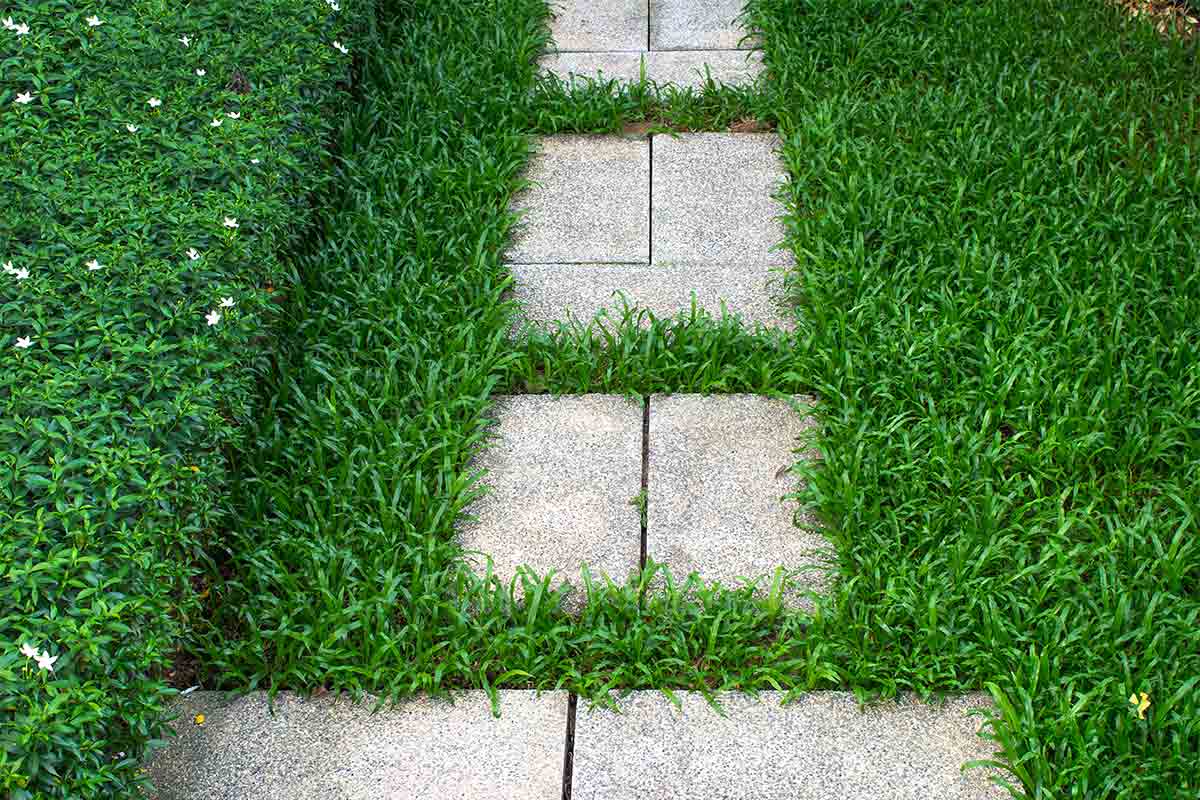
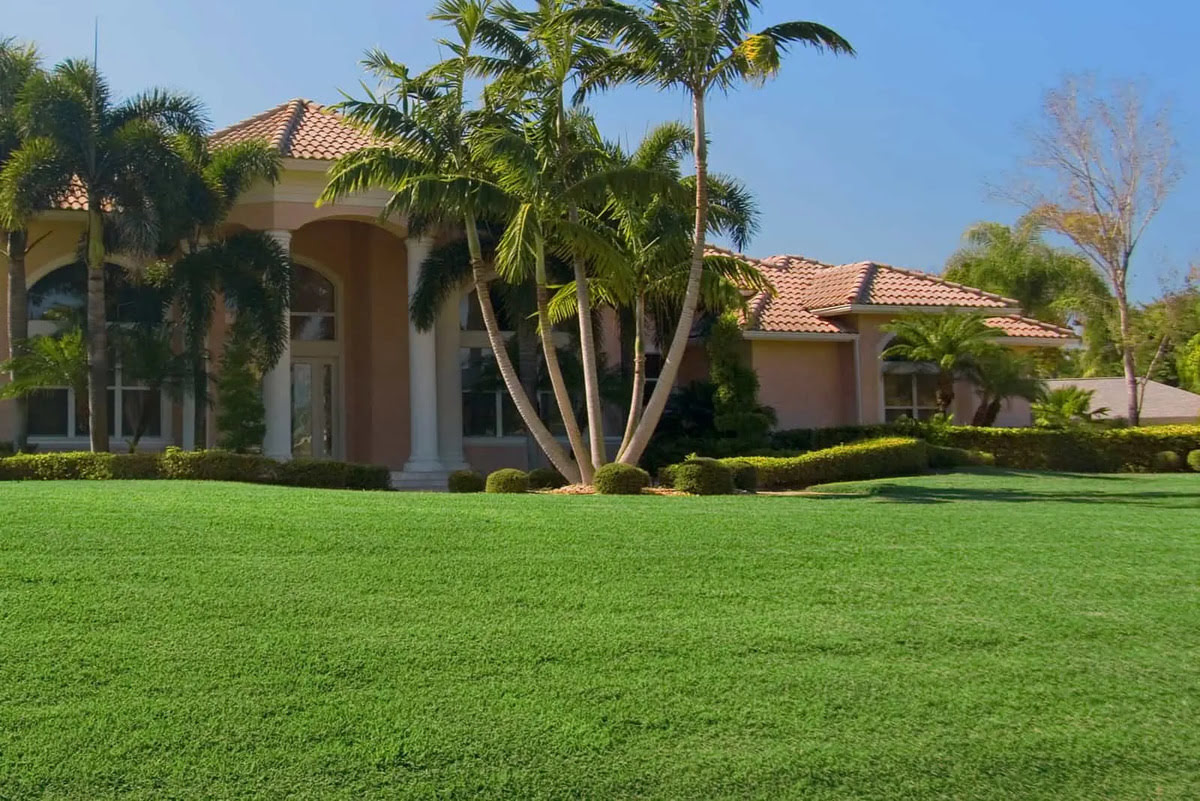
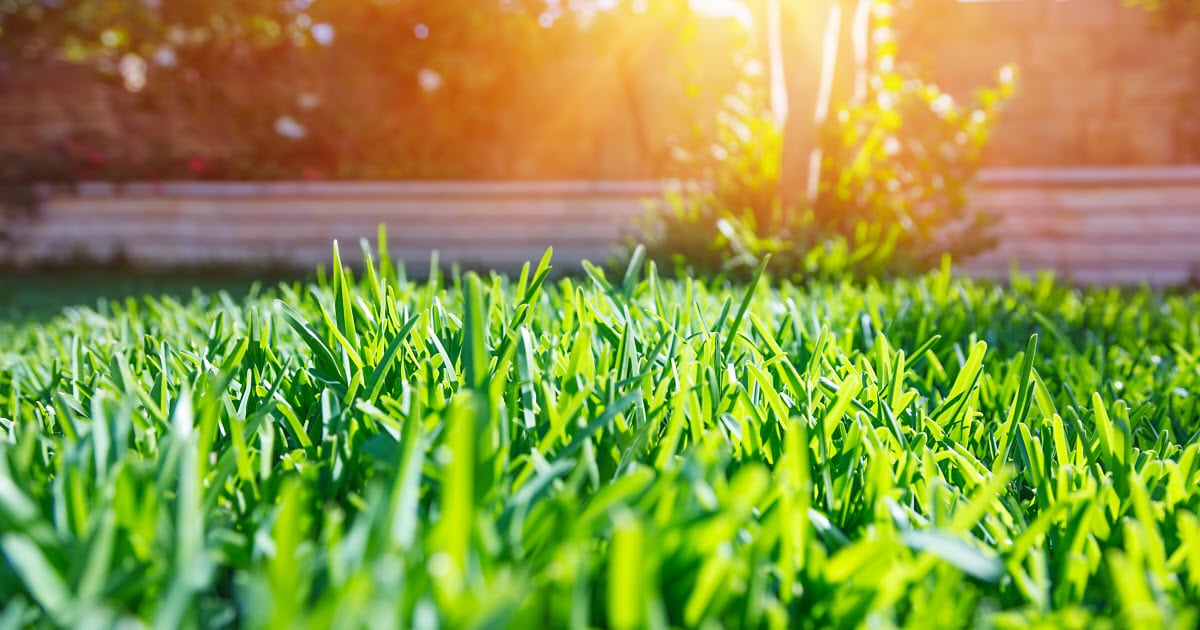
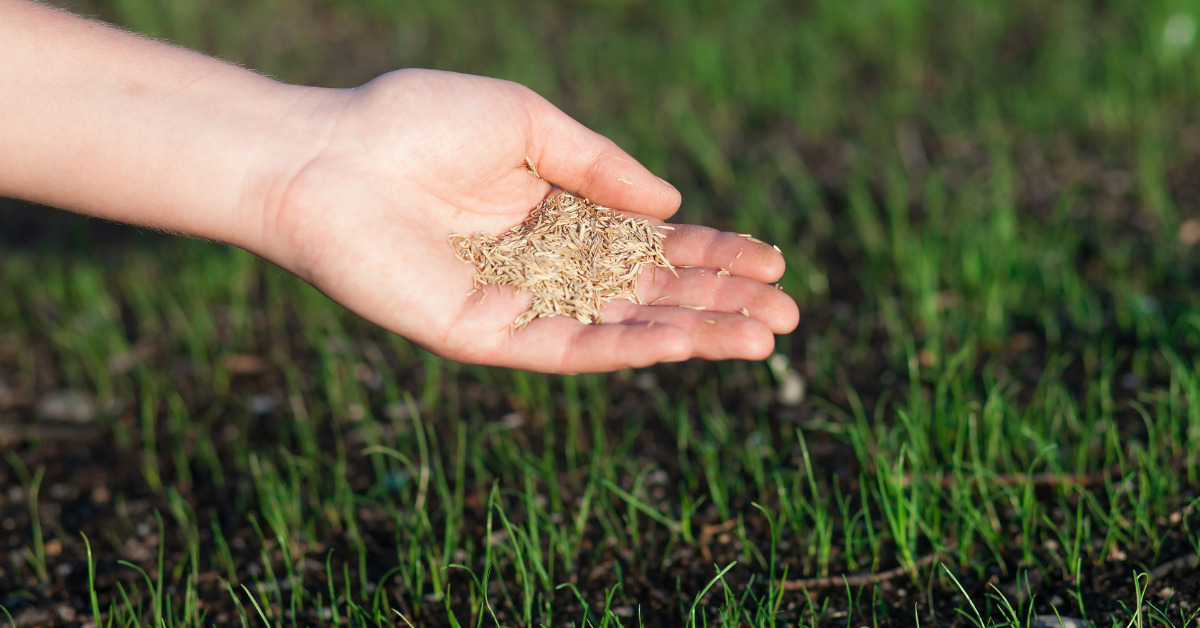
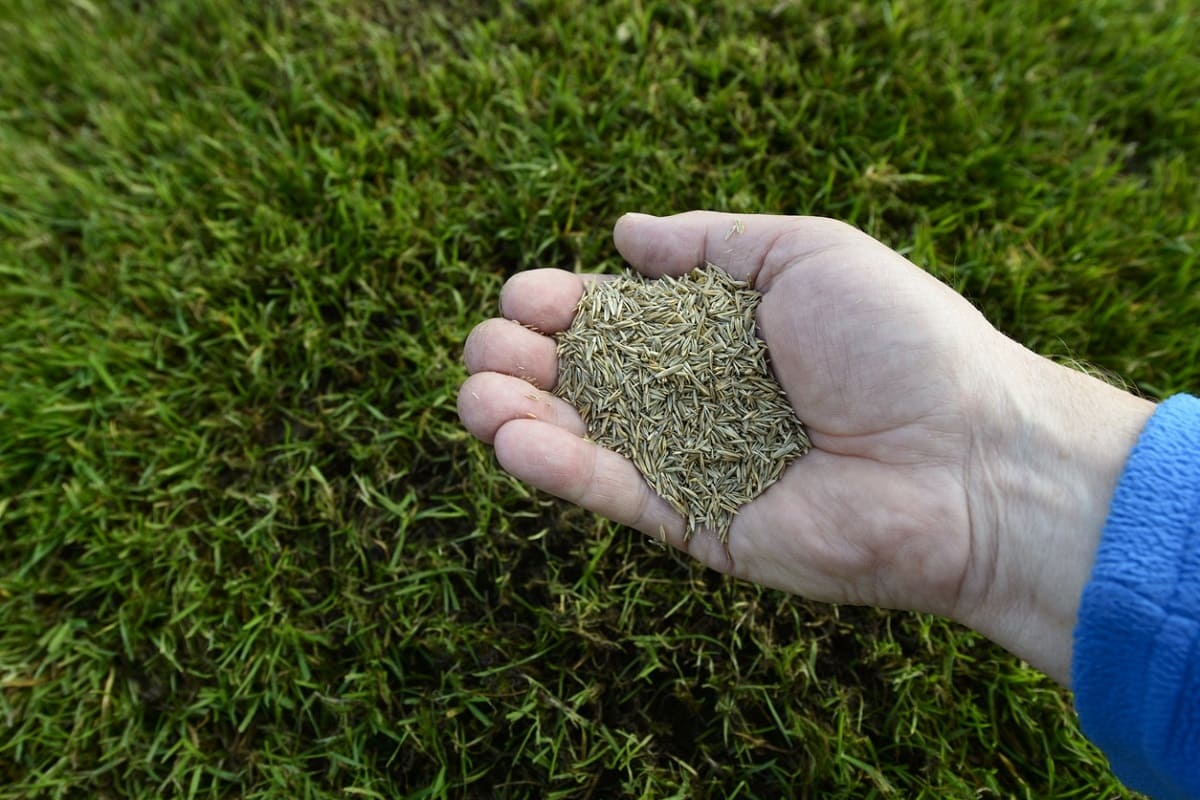
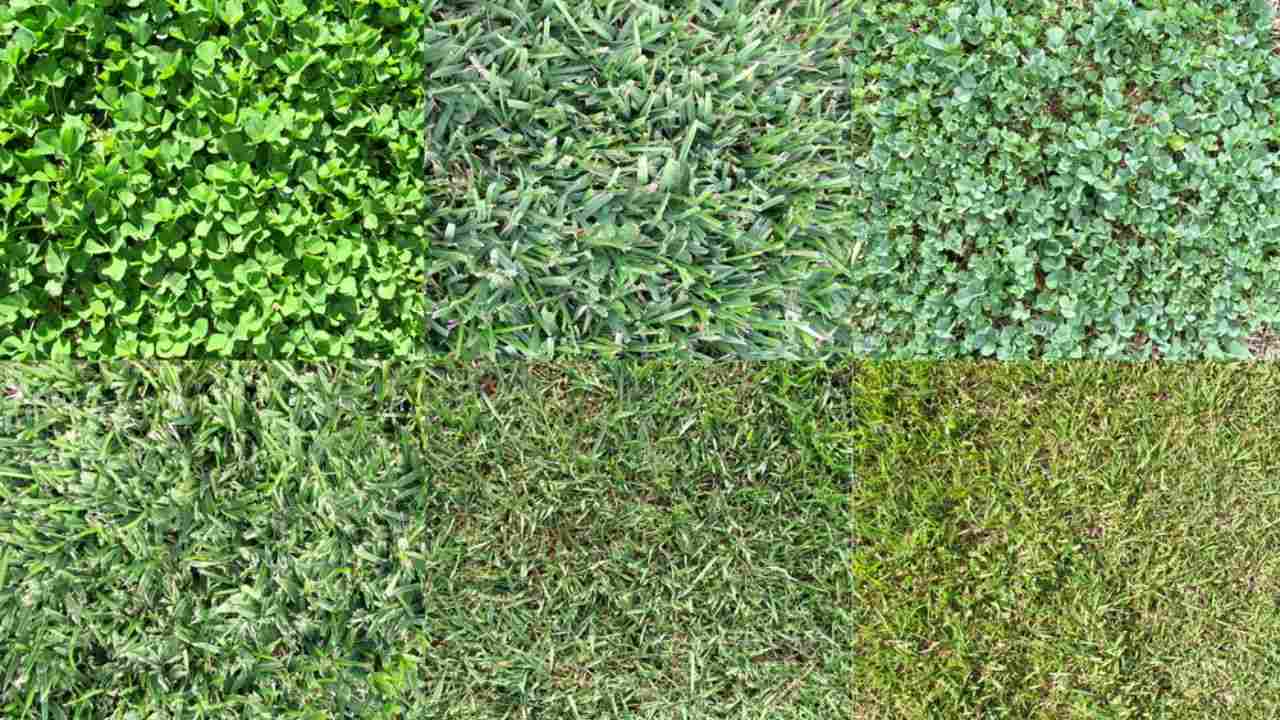
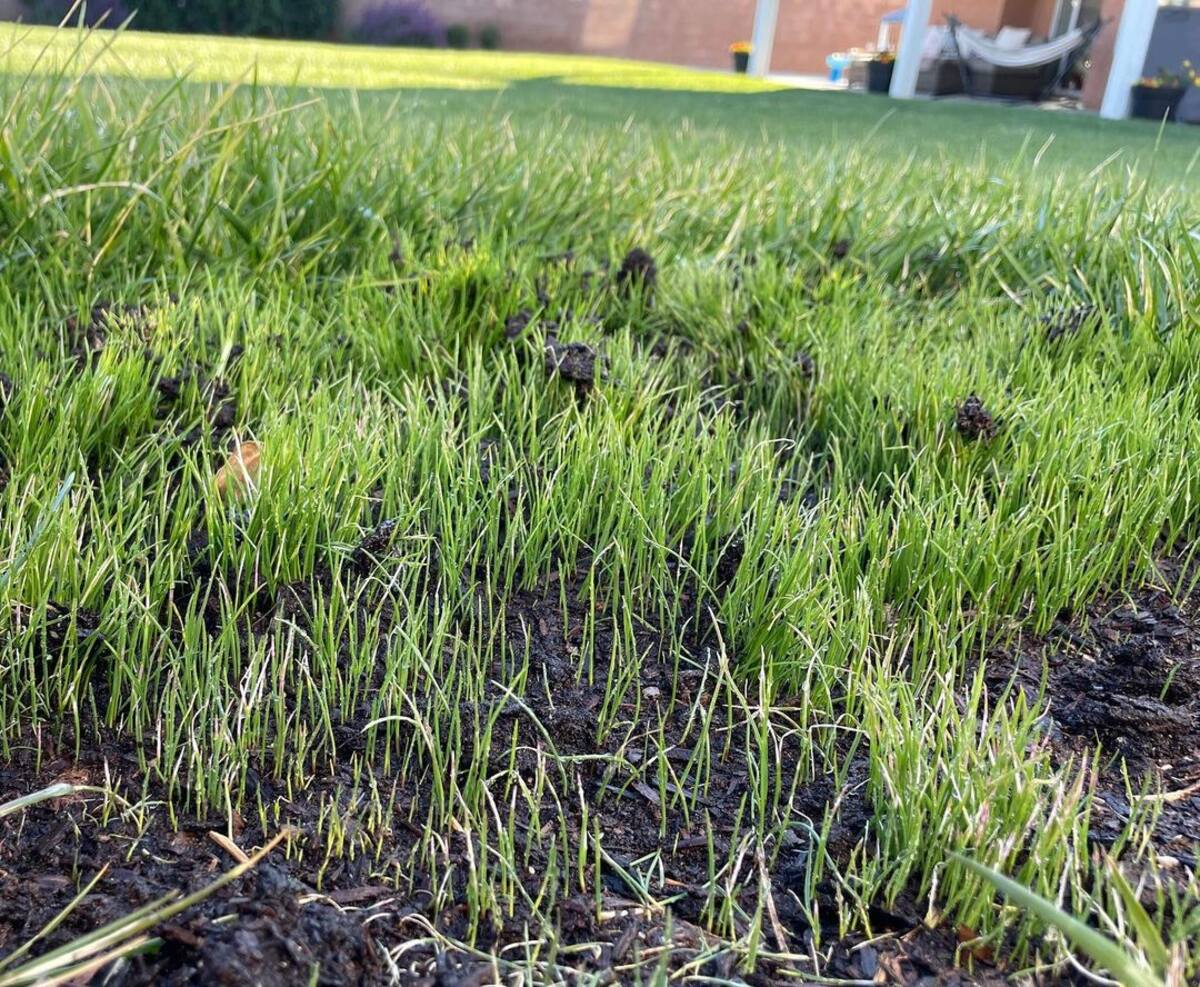
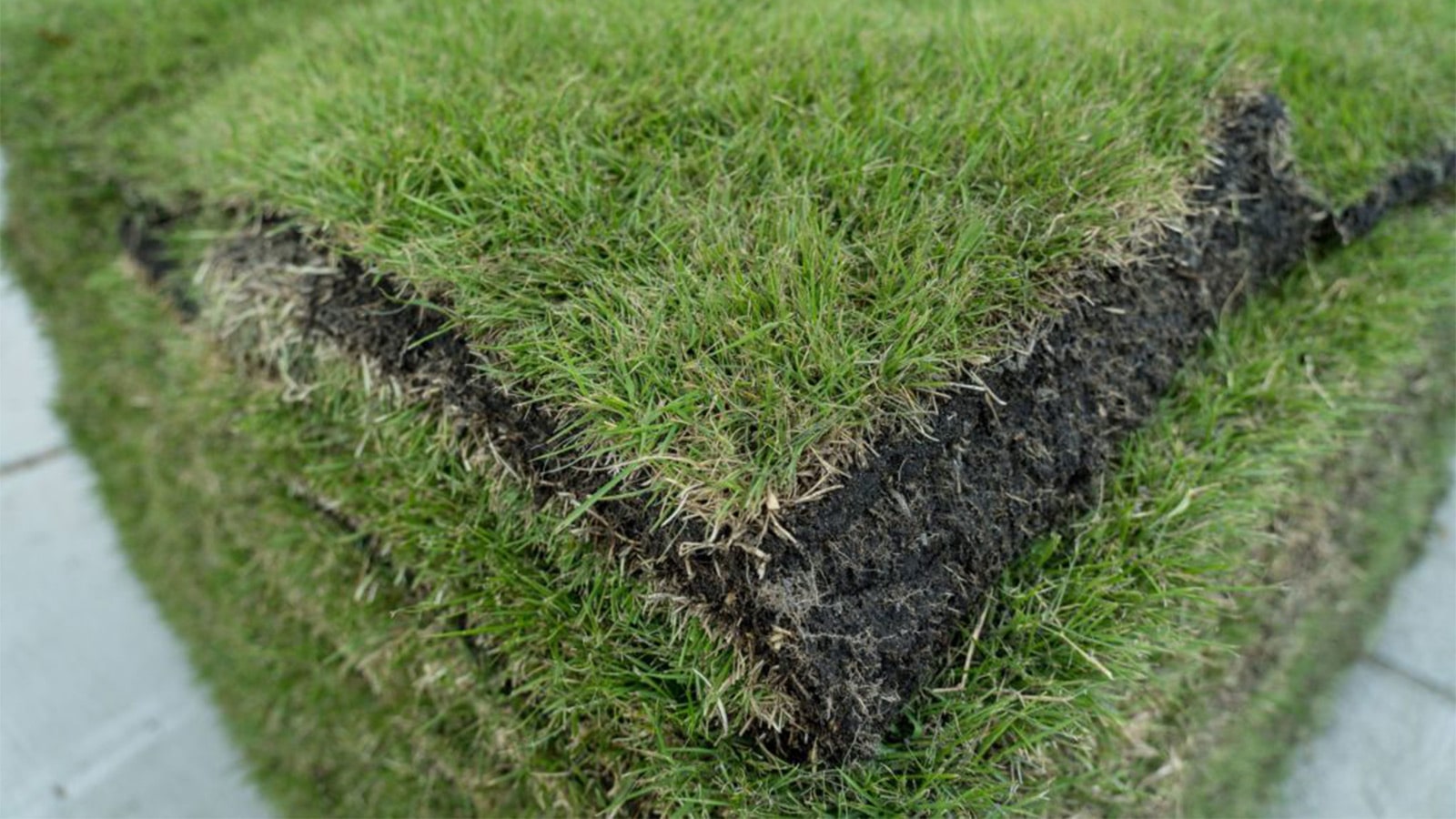
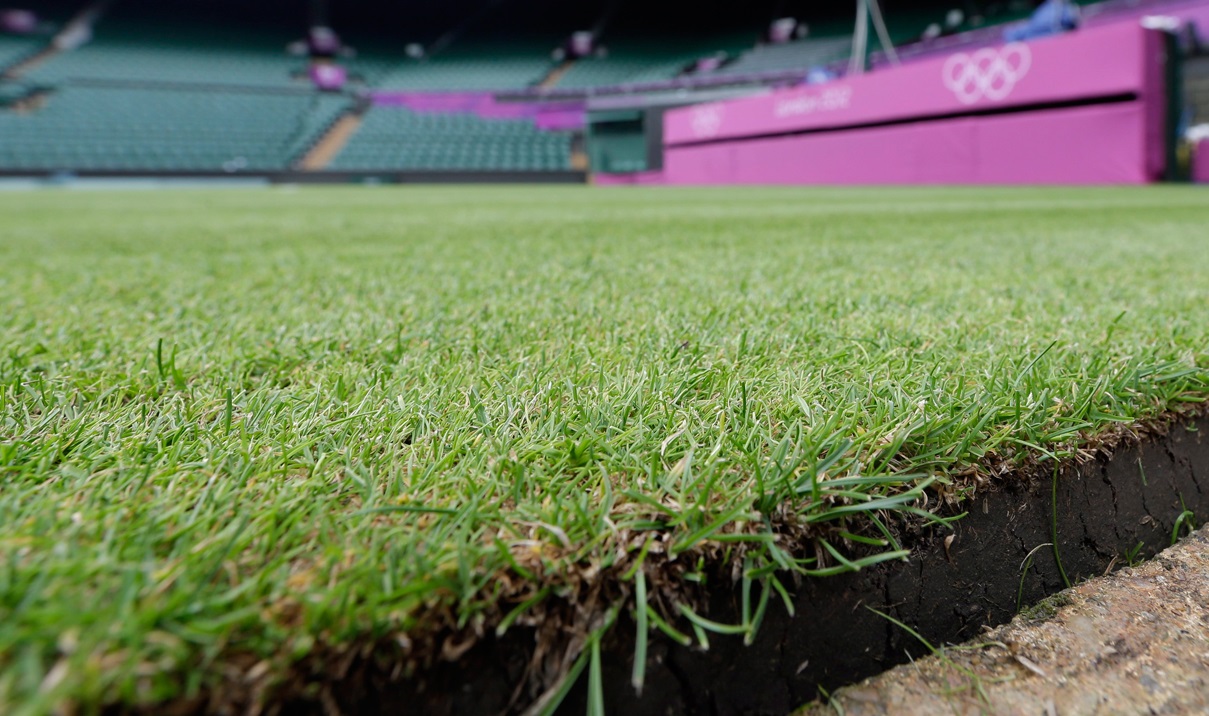
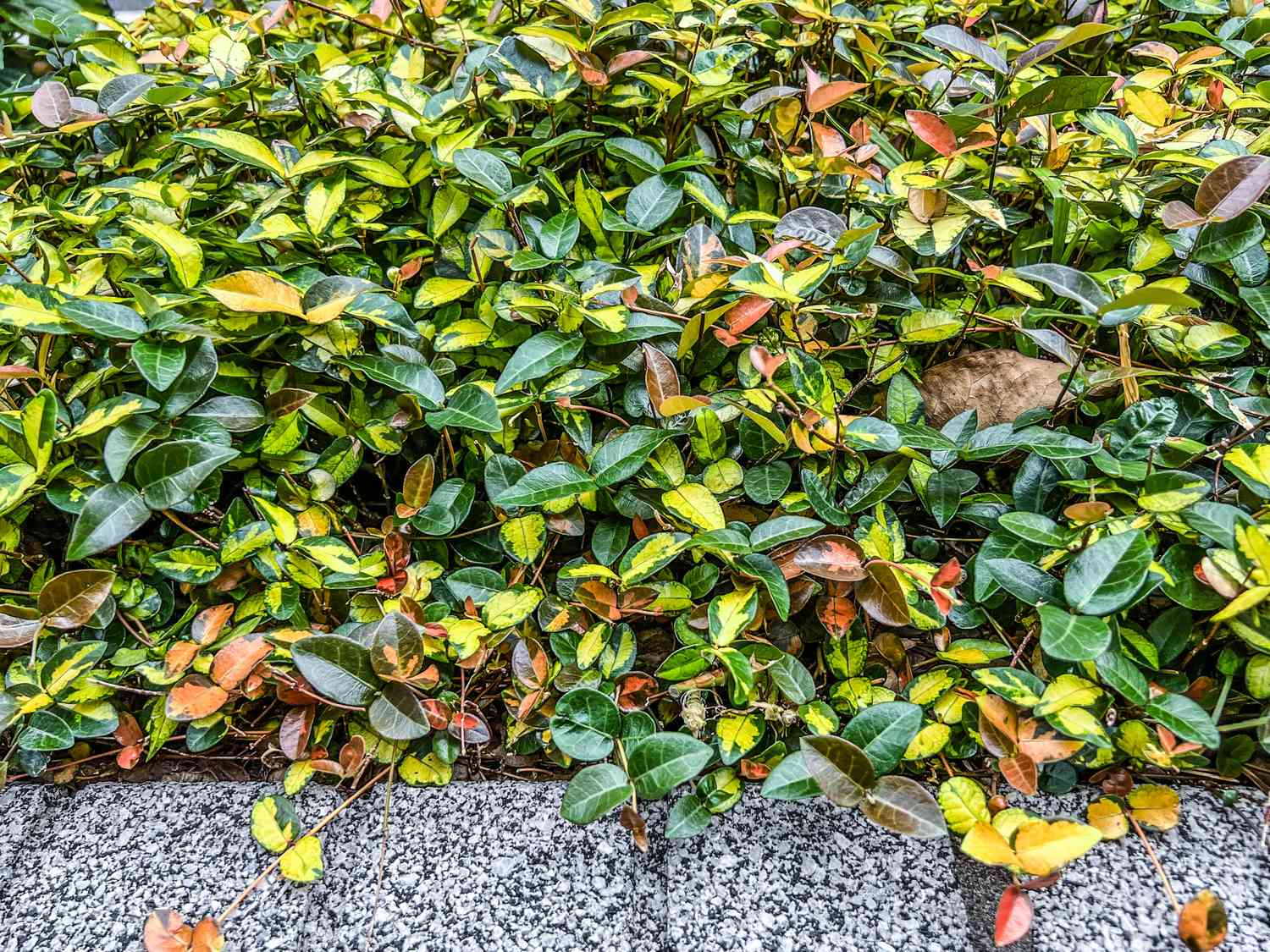
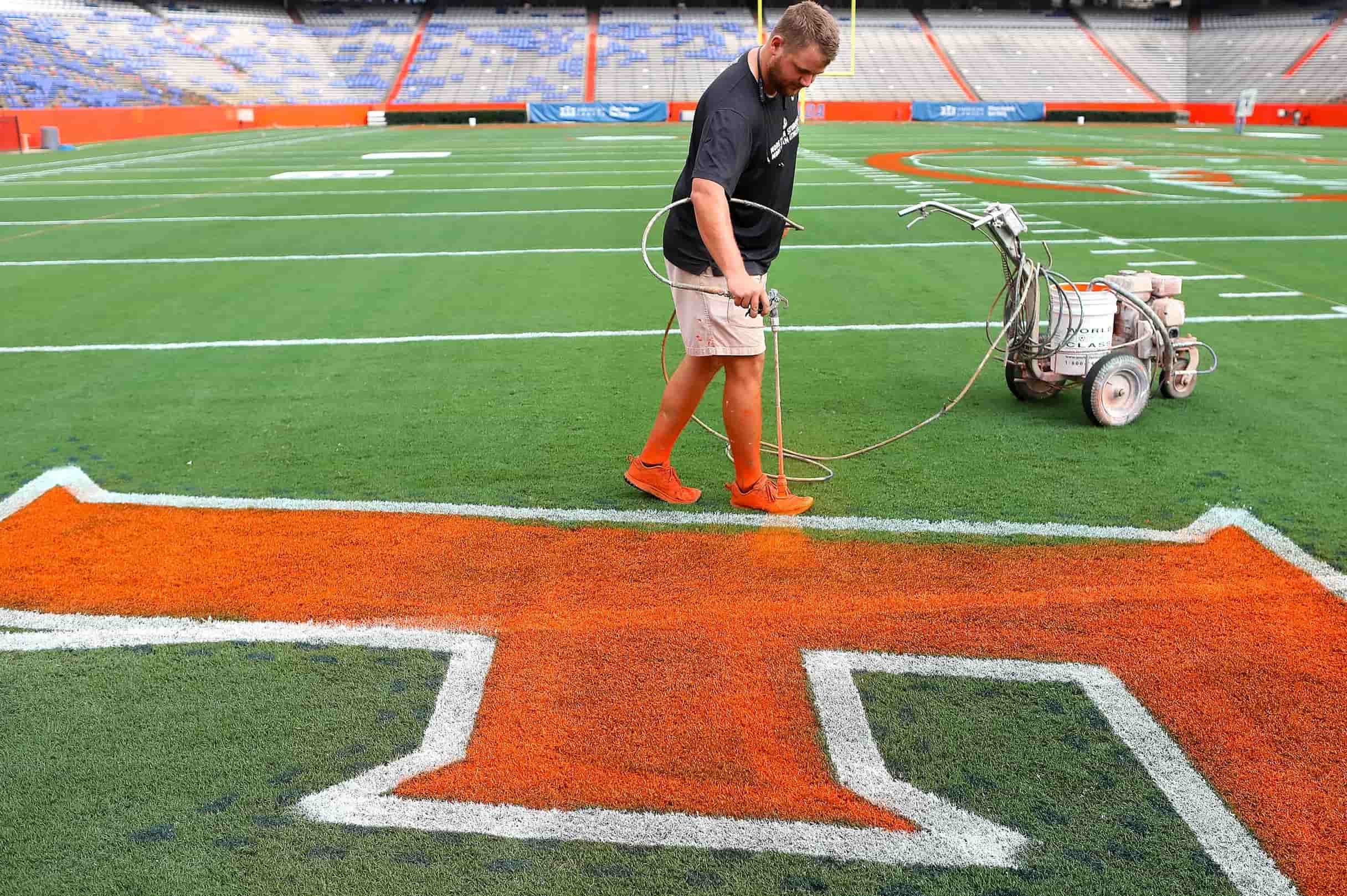
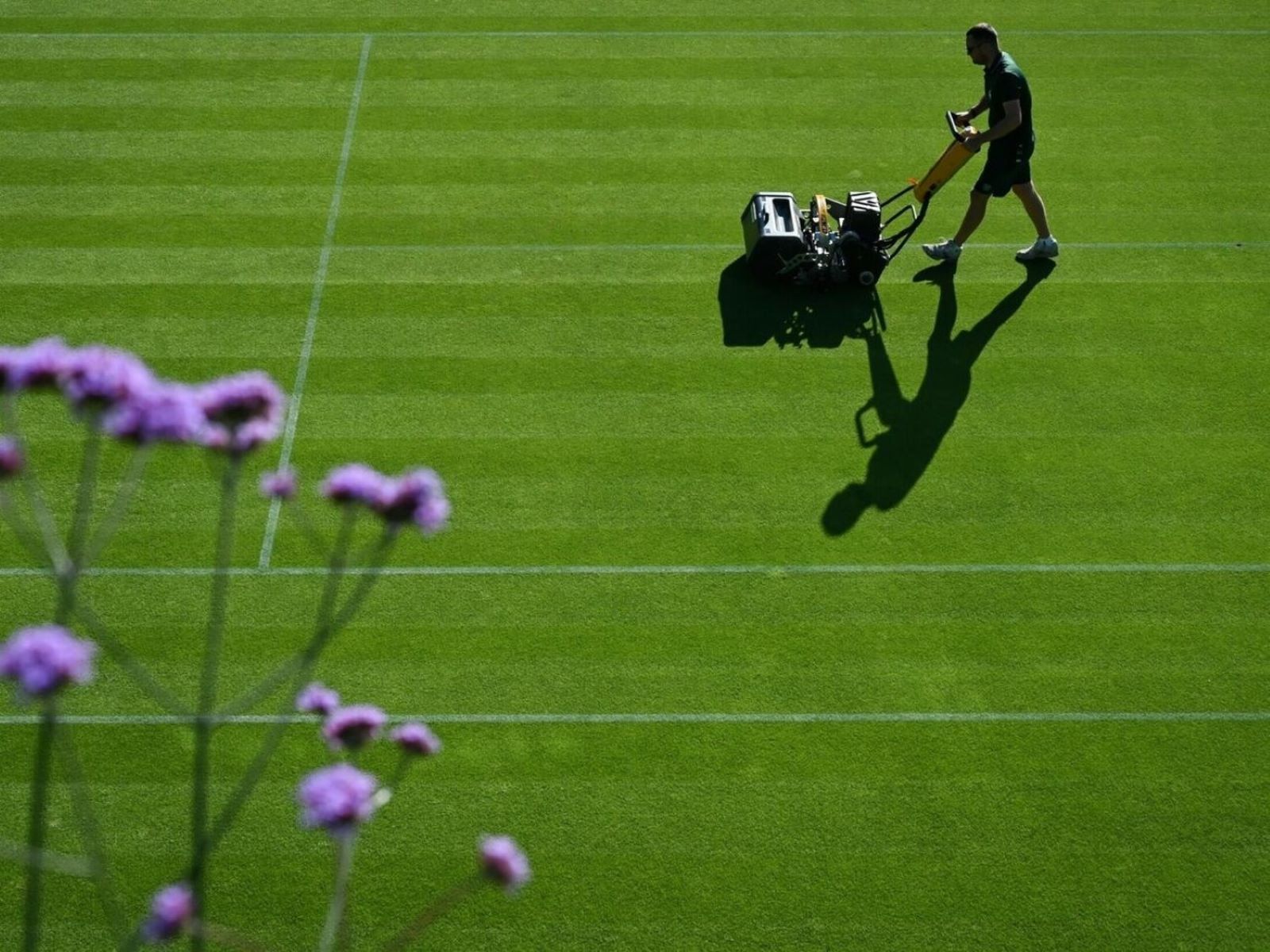
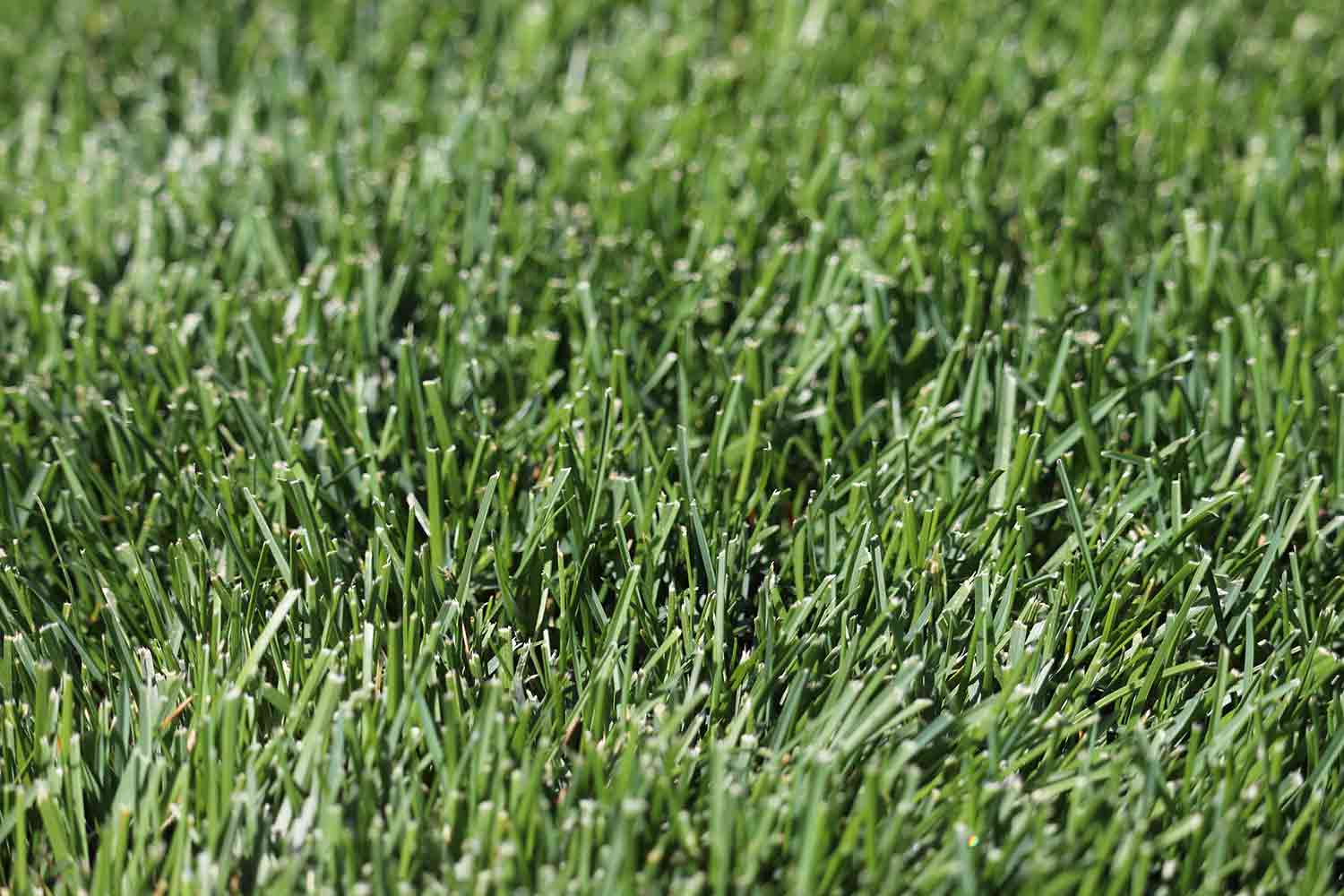
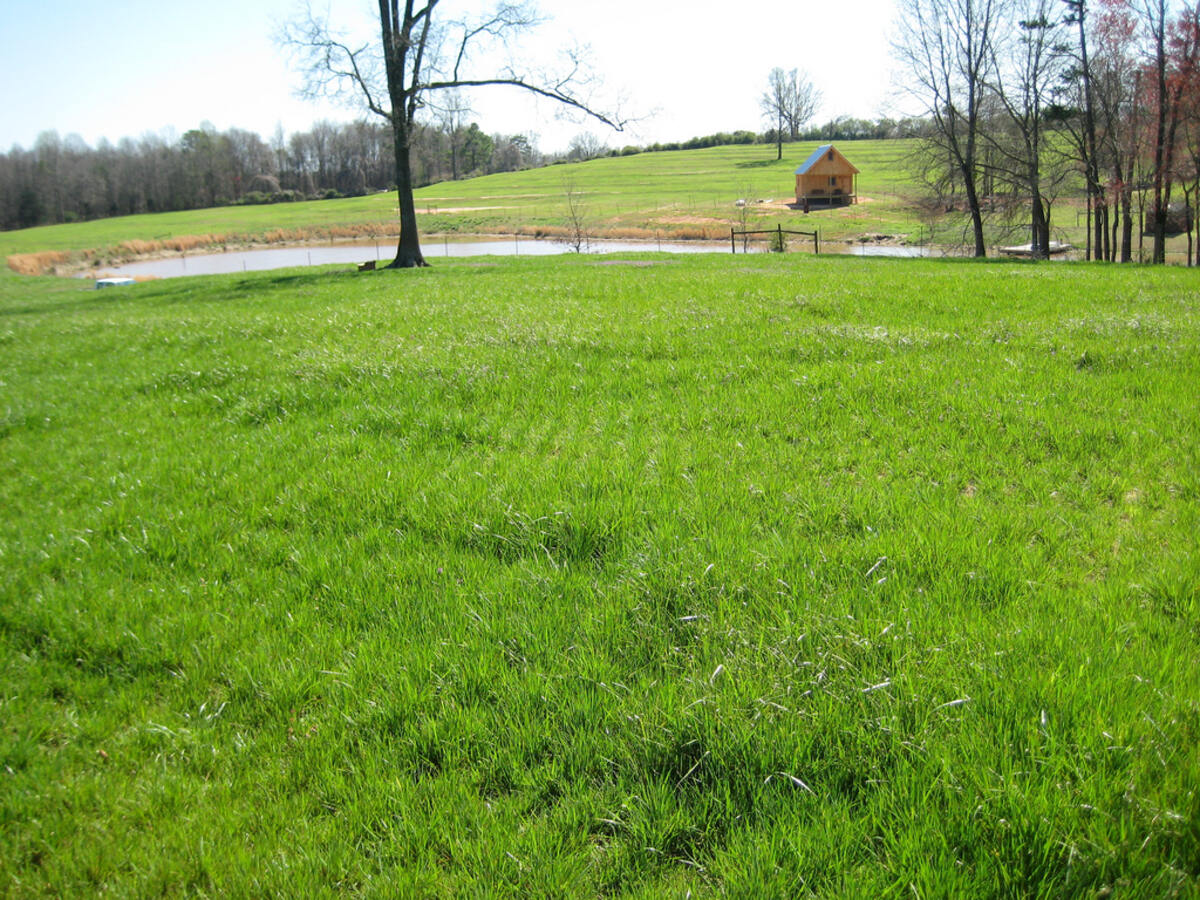

0 thoughts on “What Kind Of Grass Is In Florida”